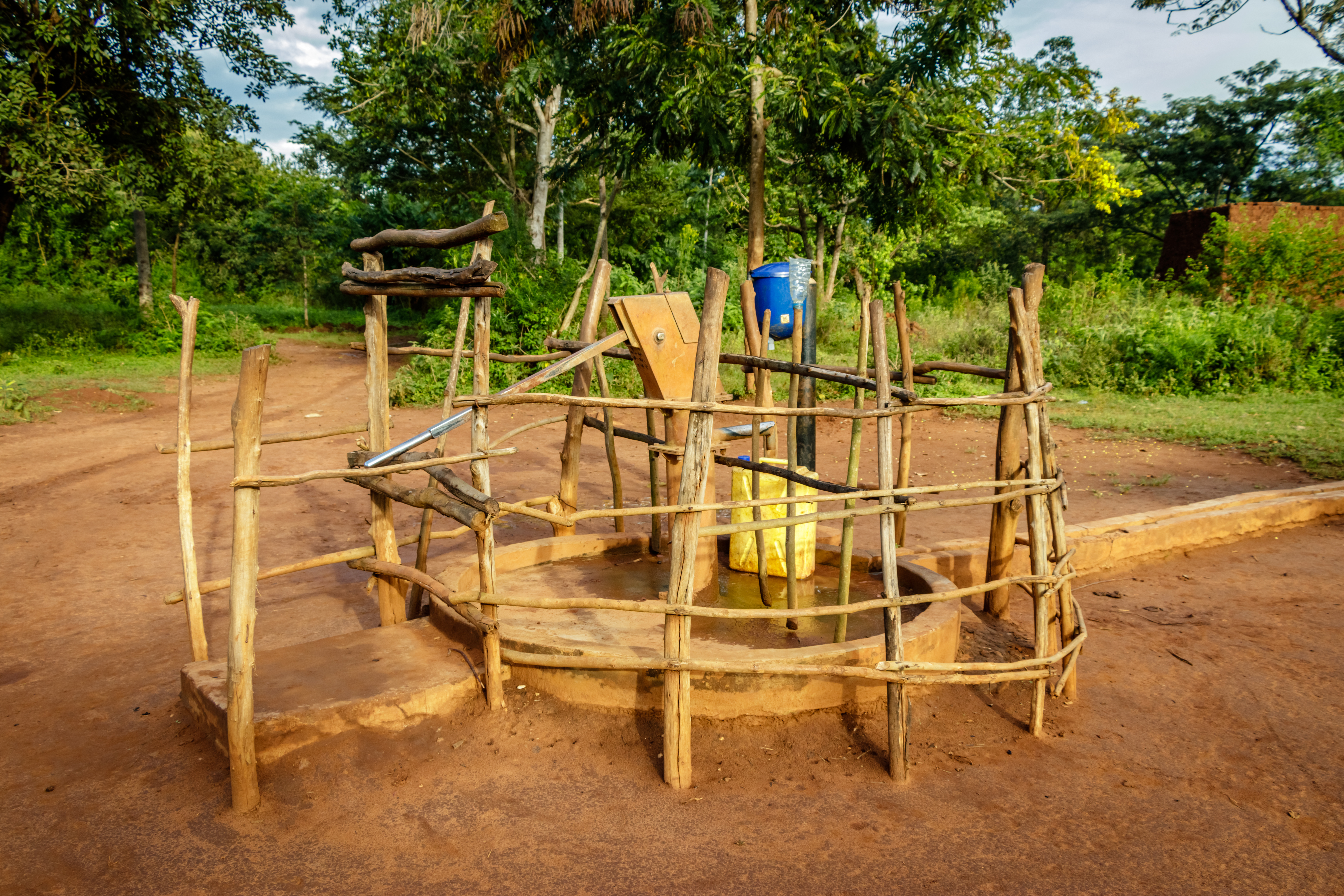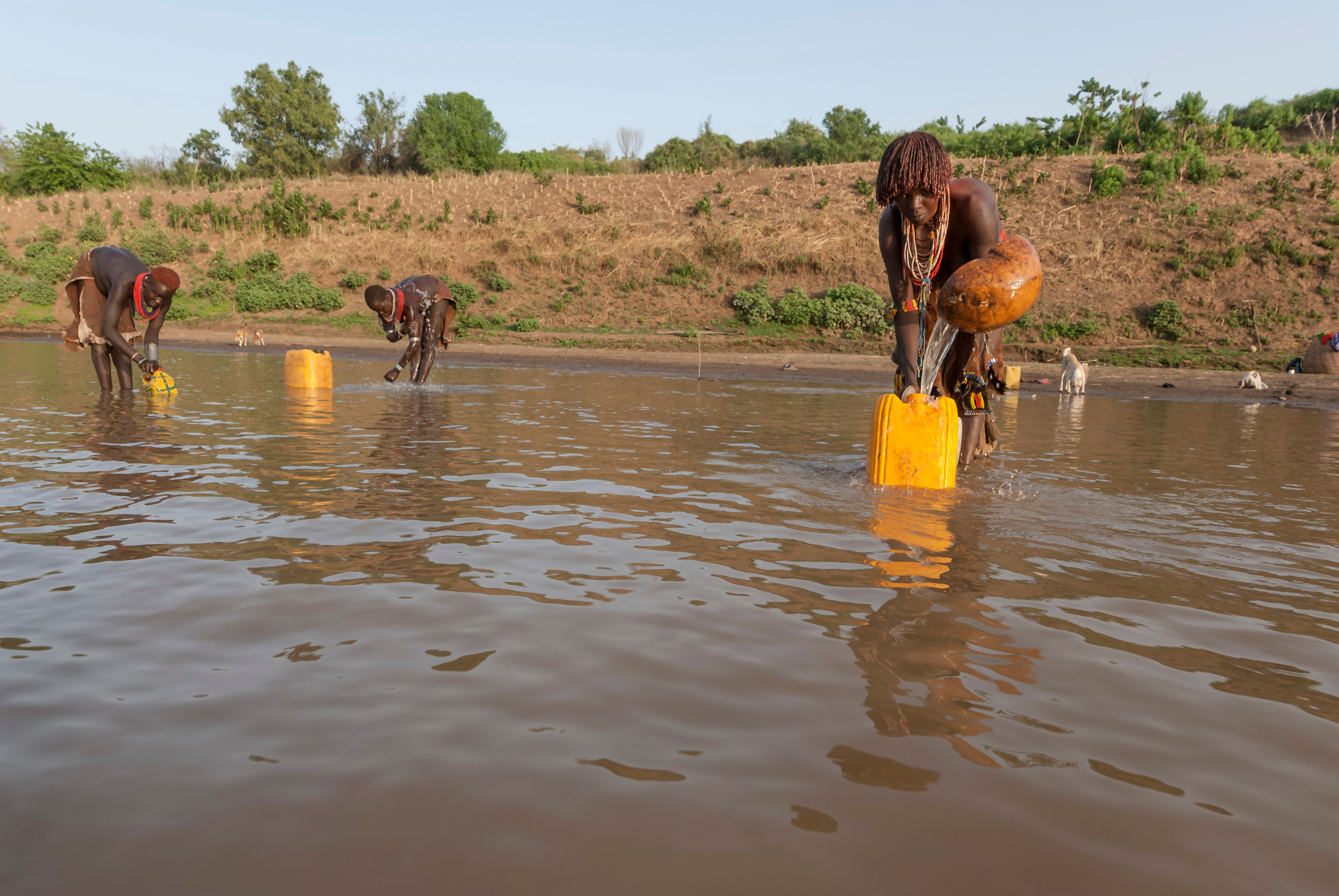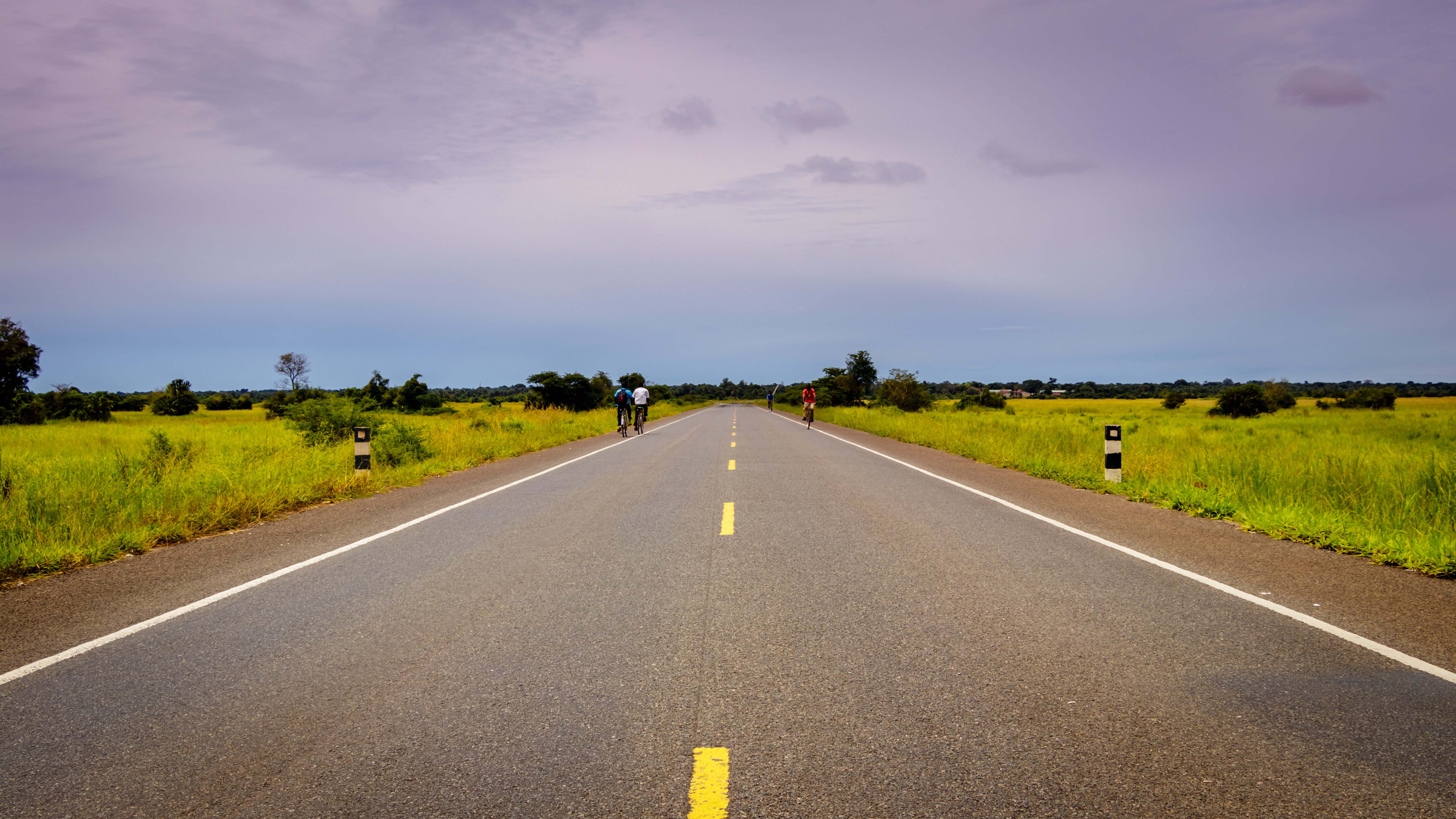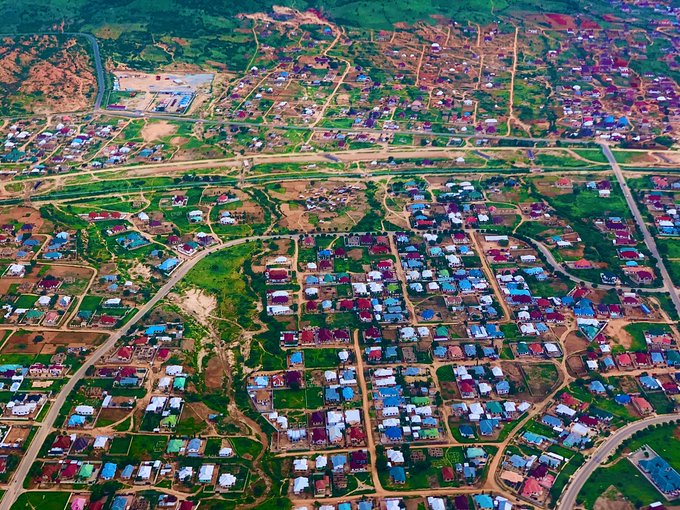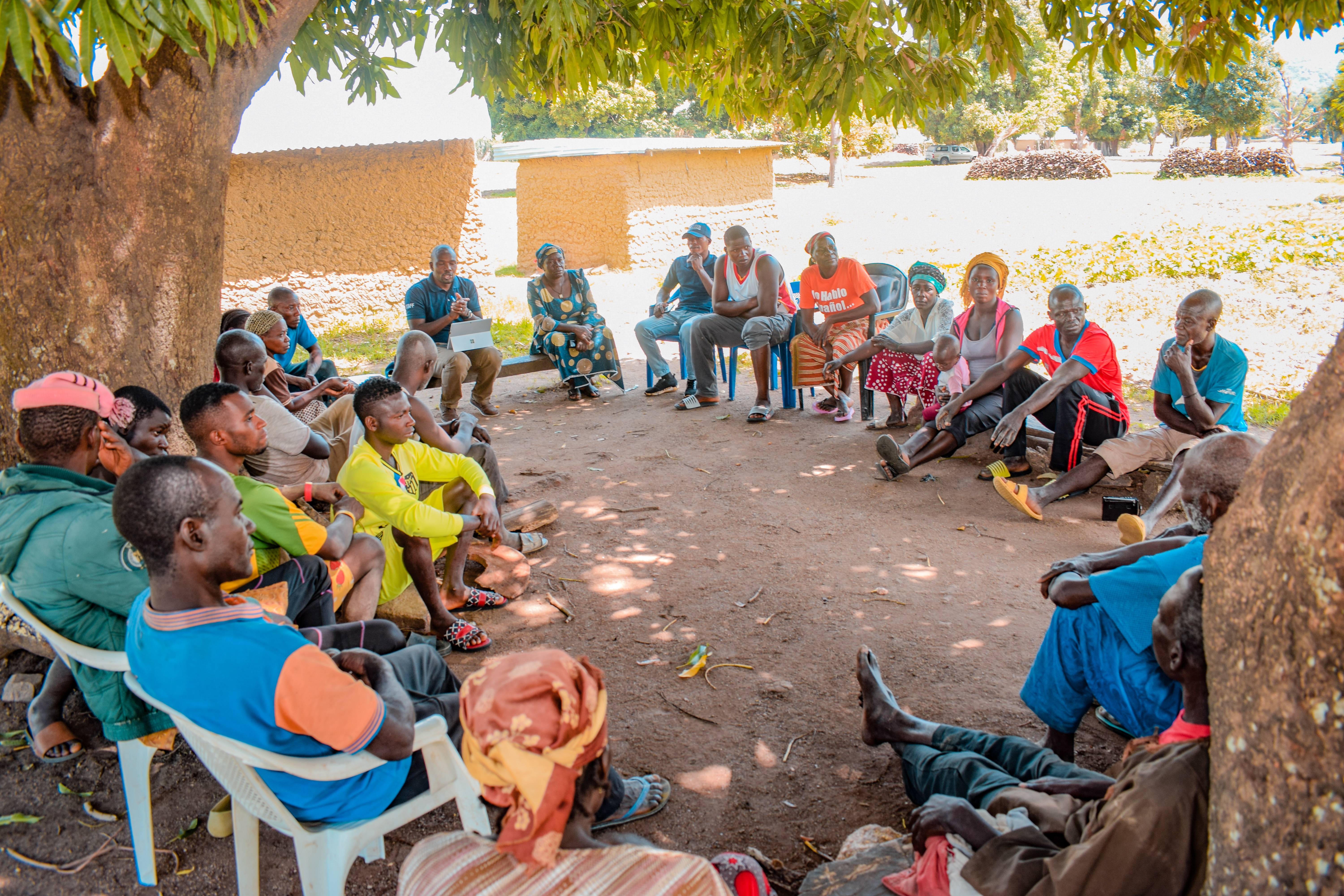
Climate Resilient Water Services Burundi
Climate Resilient Water Services Burundi
4 November, 2022Context
Burundi, a landlocked country in East Africa, faces several water-related challenges that have significant implications for its population and development.
a) Climate Change Impacts: Burundi is vulnerable to the impacts of climate change, including changes in rainfall patterns and increased frequency and intensity of droughts and floods. These changes disrupt water availability and exacerbate water-related challenges, affecting agricultural productivity, food security, and livelihoods. B) Lack of Water Infrastructure and Management: Insufficient investment in water infrastructure, including dams, reservoirs, and water treatment facilities, hampers the effective management and distribution of water resources in Burundi. Inadequate maintenance and operation of existing infrastructure further contribute to water supply constraints.
Objectives
The Project Development Objective (PDO) is to strengthen the resilience of the people in five rural provinces of Burundi to climate change through sustainable improvement of drinking water supply infrastructures and service
AAAP added value
- Rapid Climate Risk Assessment and Identification options for catchment resilience building
- Identify and develop a detailed catalogue – including technical details, cost/benefit analysis, and so on – of potential – NBS – solutions to increase climate resilience of catchments in the project area.
- Understanding climate related risks to the catchment and different characteristics that help identify suitable adaptation measures
- Understanding climate related risks to the relevant catchments and different characteristics that help identify suitable adaptation measures. This includes an assessment of critical flood, drought, and heat-related risks, including estimates of changes in temperature and frequency, seasonality, and intensity of rainfall
- Technical assistance to design adaptation measures mainly for the catchment
- Provide technical assistance to design climate related risk reduction measures through a combination of grey and green investments
Expected Outcomes
- Improved access to secure water services and their incomes for populations
- Populations in targeted rural areas are more resilient to waterborne diseases, global pandemics such as cholera and to climate change effects
- Sustainable and enhanced mechanisms for quality of water service in the targeted areas are set up and made functional through private sector participation
- Strengthened capacities of stakeholders in regards to resilience to climate change and good governance
Expected impacts
- Promoted hygiene and sanitation practices through awareness campaigns and the construction of adequate sanitation facilities
- Implemented watershed management and reforestation initiatives to reduce soil erosion, protect water sources, and improve water quality
- Enhanced climate resilience by promoting water conservation techniques, rainwater harvesting, and drought-resistant agricultural practices
- Strengthened water governance institutions, regulations, and policies to ensure sustainable management and equitable distribution of water resources
- Encouraged partnerships and collaboration among government agencies, NGOs, and international organizations to mobilize resources and expertise for water-related projects
- Promoted community participation and awareness through education and training programs on water conservation, hygiene, and water resource management
